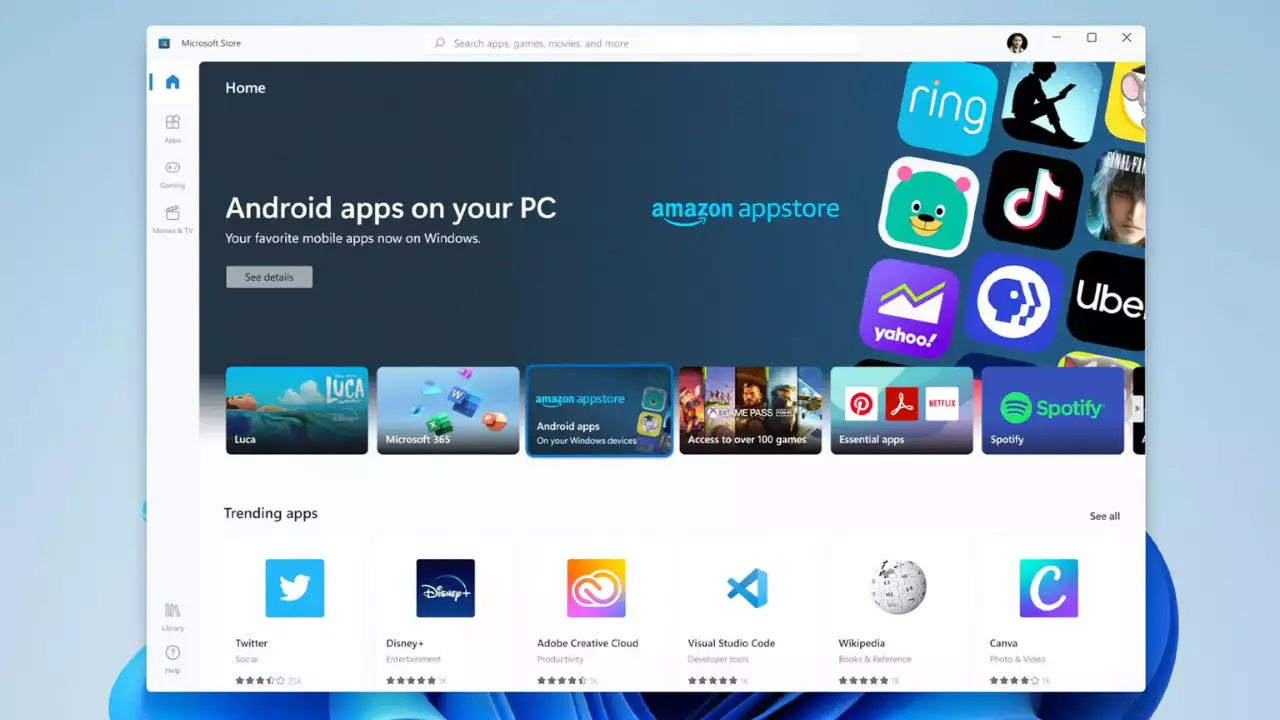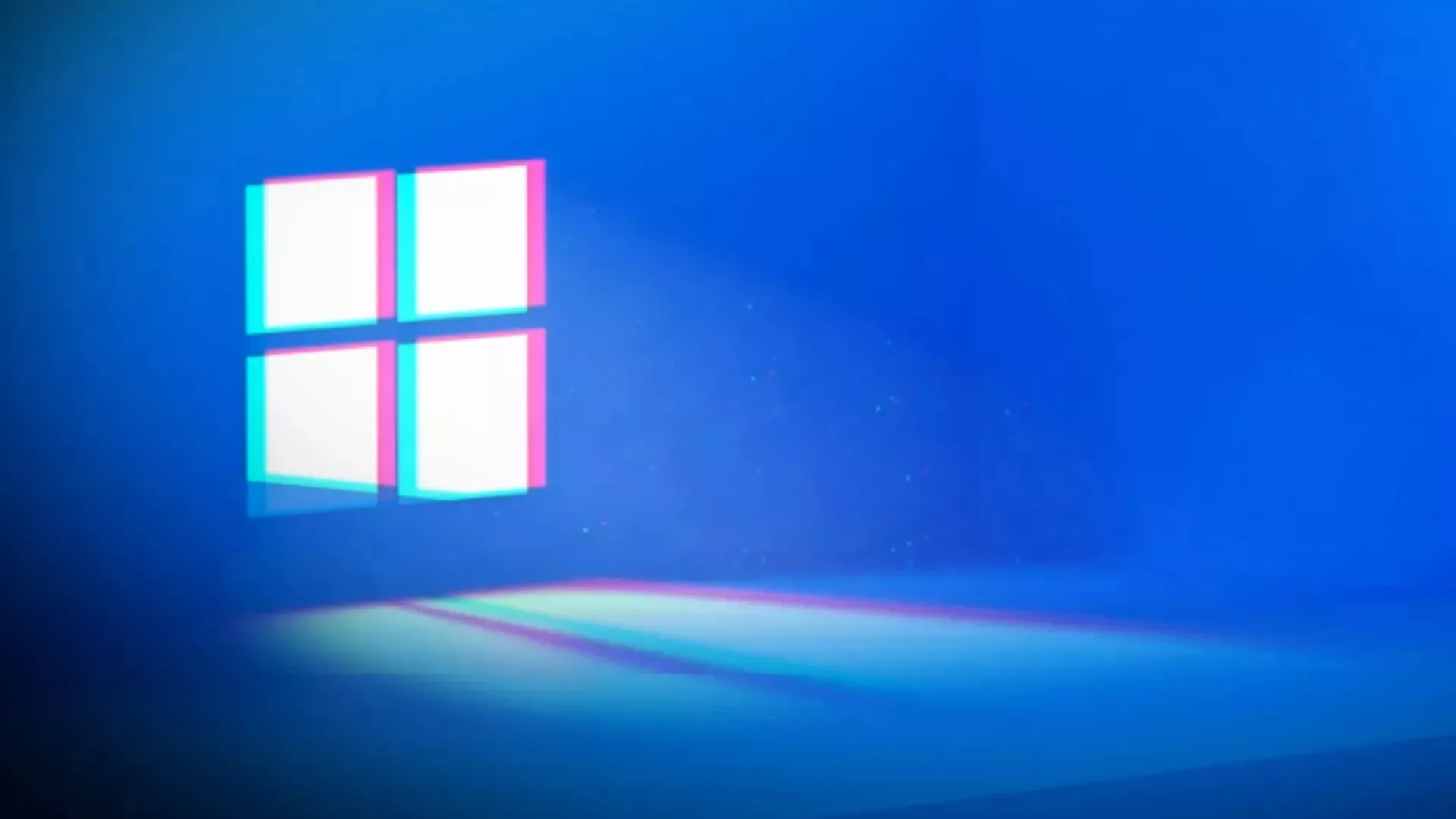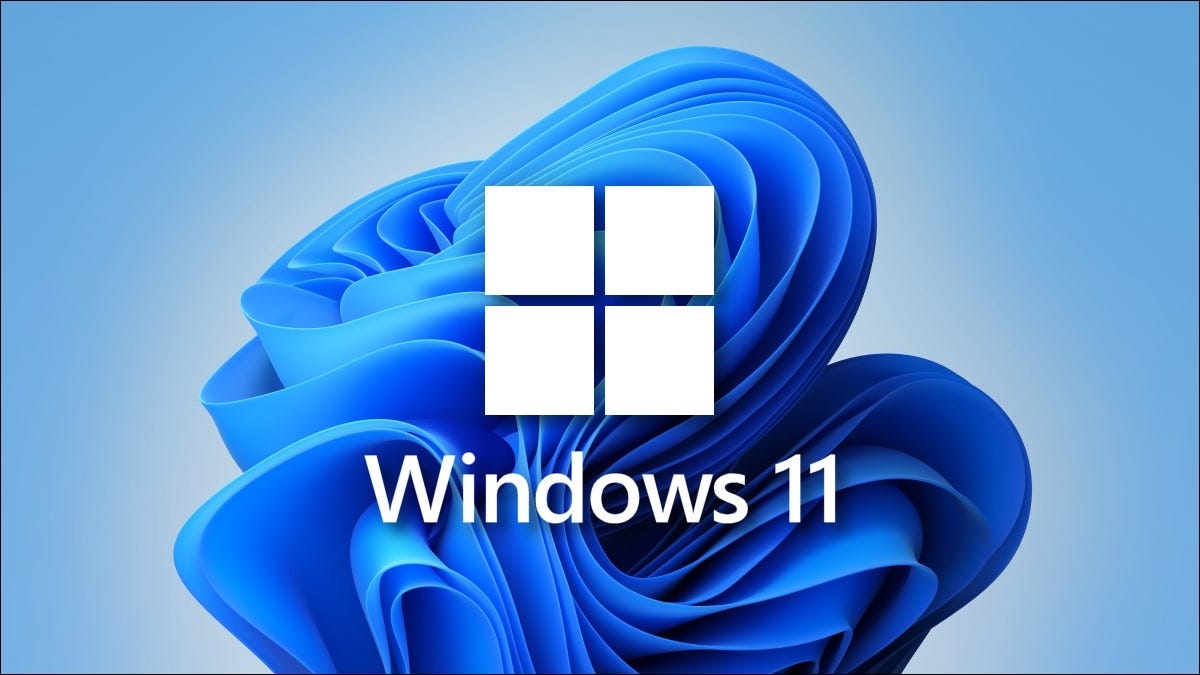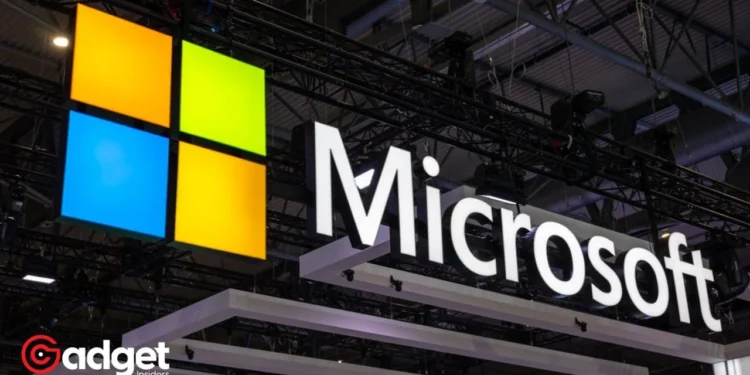In an unexpected turn of events, Microsoft announced its decision to discontinue the Windows Subsystem for Android™ (WSA), effectively ending the ability of Windows 11 users to run Android apps on their PCs. This move marks a significant shift in Microsoft’s strategy towards integrating Android applications within its Windows ecosystem, a feature that had been in the pipeline for years.

The End of an Era: Windows Subsystem for Android Apps
The Windows Subsystem for Android was Microsoft’s ambitious project to bridge the gap between Android and Windows platforms, allowing users the convenience of running Android apps directly on their Windows 11 PCs. However, this feature was limited from the start, restricted to apps available in the Amazon Appstore, which significantly narrowed the scope of available applications.
This week, Microsoft confirmed the discontinuation of the Windows Subsystem for Android, a feature it had once promised to expand and improve. Starting from March 5, 2025, the Amazon Appstore on Windows, along with all applications and games reliant on the Windows Subsystem for Android, will cease to receive support from Microsoft.
Despite the looming deadline, Microsoft assured that users who have installed the Amazon Appstore or Android apps before March 5, 2024, will still be able to access these apps until the deprecation date in 2025. Until then, technical support will remain available, offering a temporary solace to current users.

The Uncertain Reasons Behind the Decision
Microsoft’s sudden pivot away from supporting Android on Windows 11 has left many wondering about the reasons behind such a decision. While the company has not provided explicit reasons for this shift, speculation abounds that Microsoft may be redirecting its focus towards enhancing Phone Link, an alternative that has been favored by users seeking to integrate their Android devices with Windows PCs.
Phone Link has been seen as a more reliable and seamless solution for connecting Android smartphones to Windows computers, allowing for easy access to messages, notifications, and even apps. This tool has steadily evolved, becoming a preferred option for many users over the Windows Subsystem for Android.
Microsoft discontinues support for Android apps on Windows 11, preventing users from using mobile apps on their PCs.#Android #Microsoft https://t.co/uhf3pWCH3Y
— ReturnByte – Daily Tech Dose (@returnbyte_tech) March 6, 2024
Looking Forward: What’s Next for Microsoft Windows 11?
As Microsoft turns the page on the Windows Subsystem for Android, the tech community is keenly watching to see what the future holds. Will Microsoft double down on Phone Link, making it an even more robust solution for Windows and Android integration? Or will the company surprise us with a new initiative to bridge the gap between these two dominant platforms?
Some individuals who were enthusiastic about the possibility of running Android applications on Windows 11 may view the end of the Windows Subsystem for Android as a frustrating setback.
In addition, it indicates that Microsoft may be moving in a different direction concerning its strategy, maybe towards the creation of experiences that are more unified and seamless across a variety of operating systems and devices.

As we bid farewell to the Windows Subsystem for Android, the focus now turns to how Microsoft will continue to evolve its ecosystem to meet the needs of its diverse user base.
Will this be remembered as a strategic shift that paved the way for more innovative solutions, or as a missed opportunity to fully integrate Android apps into the Windows experience? Only time will tell, but one thing is for sure: the tech world will be watching closely.










